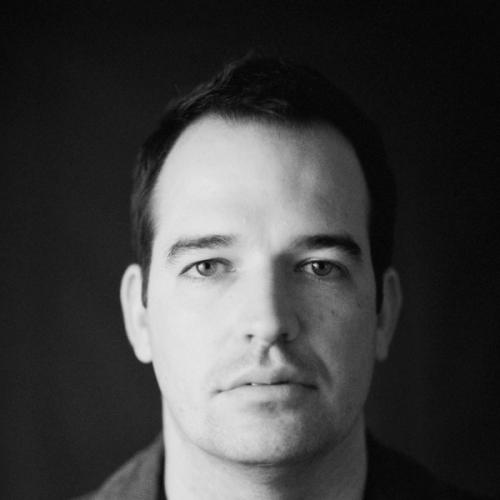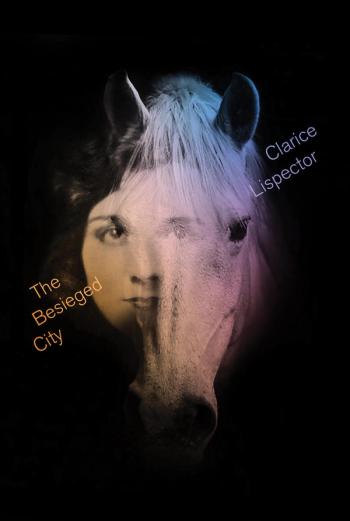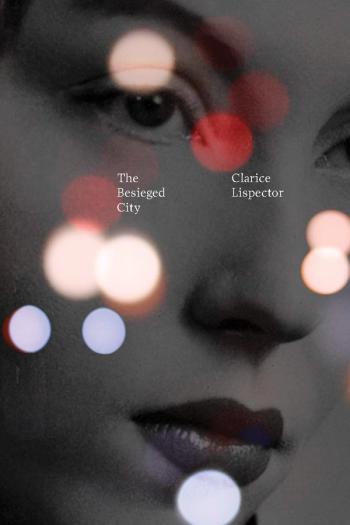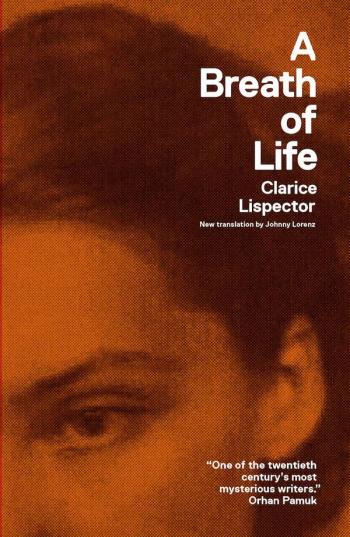Johnny Lorenz
Johnny Lorenz, son of Brazilian immigrants to the United States, was born in 1972. He received his doctorate in English from the University of Texas at Austin in 2000, and he is an associate professor at Montclair State University. His poems have appeared in The Massachusetts Review, Quiddity, Rattapallax and the anthology Luso-American Literature, and he has published articles on Brazilian literature in journals such as Luso-Brazilian Review and Modern Fiction Studies. He has translated writers such as Clarice Lispector, Marcelino Freire, Julián Fuks, Simões Lopes Neto and Cristovão Tezza. In 2013, he was a finalist for Best Translated Book for his translation of A Breath of Life by Clarice Lispector (New Directions). His book of poems, Education by Windows, was published in 2018 by Poets & Traitors Press, and it includes his translations of the poet Mario Quintana; these translations were supported by a Fulbright grant. He is also the translator of Lispector’s The Besieged City (New Directions).



